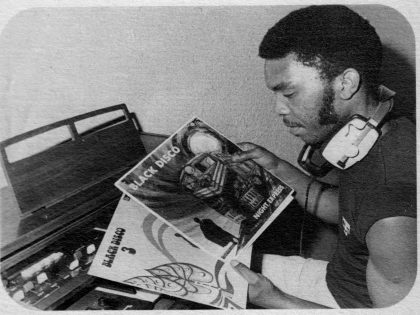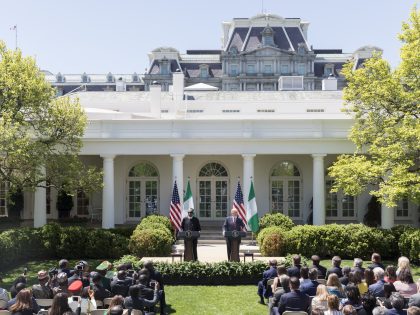Independence Day in Namibia
Not only is it Human Rights Day in South Africa today (read up on its meaning by searching our archive for ‘Sharpeville’), this day 22 years ago also saw Namibia wrestle itself officially free from the same Apartheid claws that were responsible for the massacre in Sharpeville. Which makes it a day both to remember and to celebrate. I’m picking up the Independence Day meme of popular music we started last year. 5 Namibian tunes. First up, Overitje group Ondarata’s ‘Tuvare Tuakapanda’:
Patrick, Deon and Kamutonyo (aka PDK) mix Portuguese, Oshiwambo, Kwangali and Umbundu in ‘Moko’:
The prolific Tate Buti with Kamati Nangolo:
http://www.youtube.com/watch?v=UPe4dt6j8_E
A bit older: Exit’s ‘Molokasi’:
http://www.youtube.com/watch?v=nM_Rf0vSppU
And Gazza’s love song to Seelima:
You can dance to it.



















